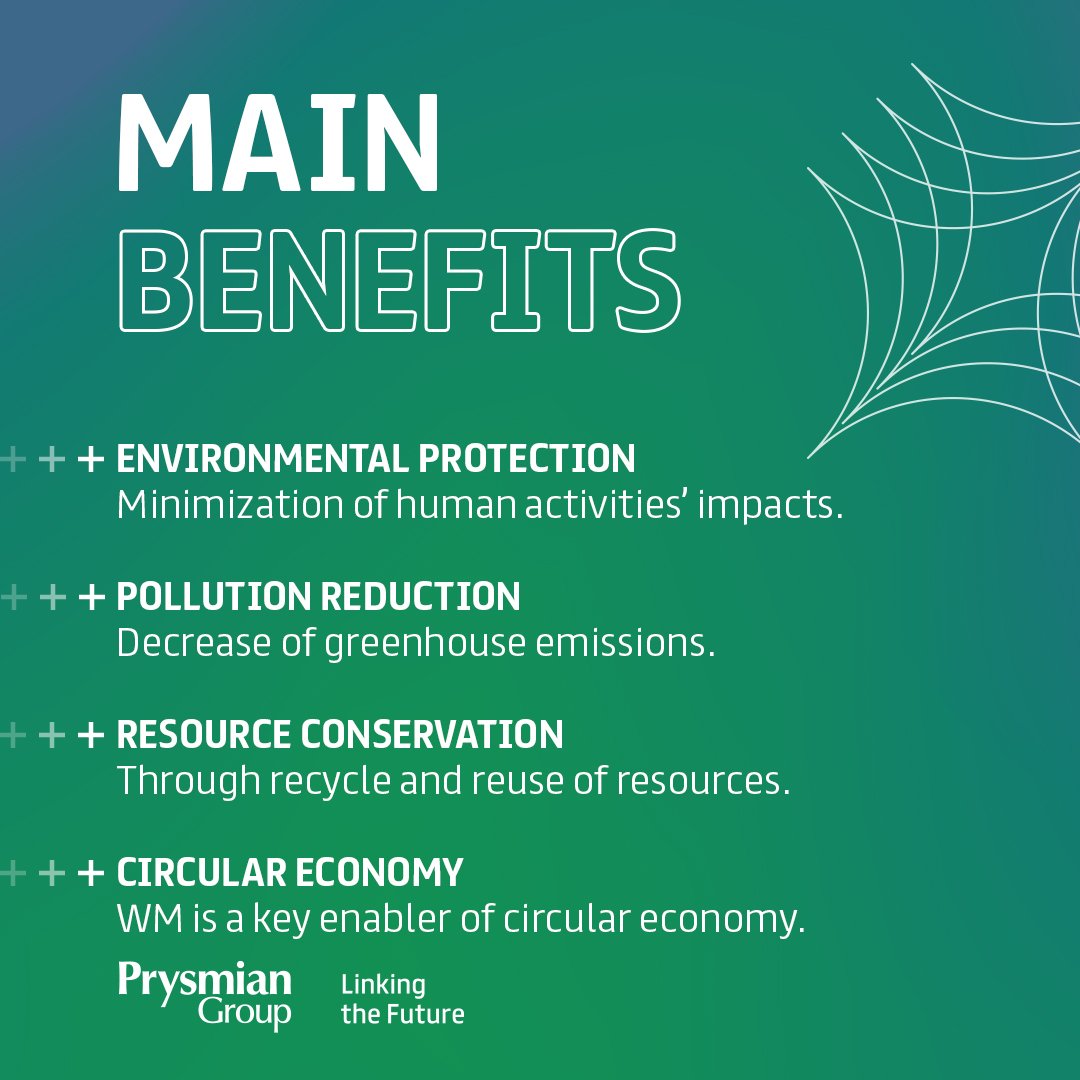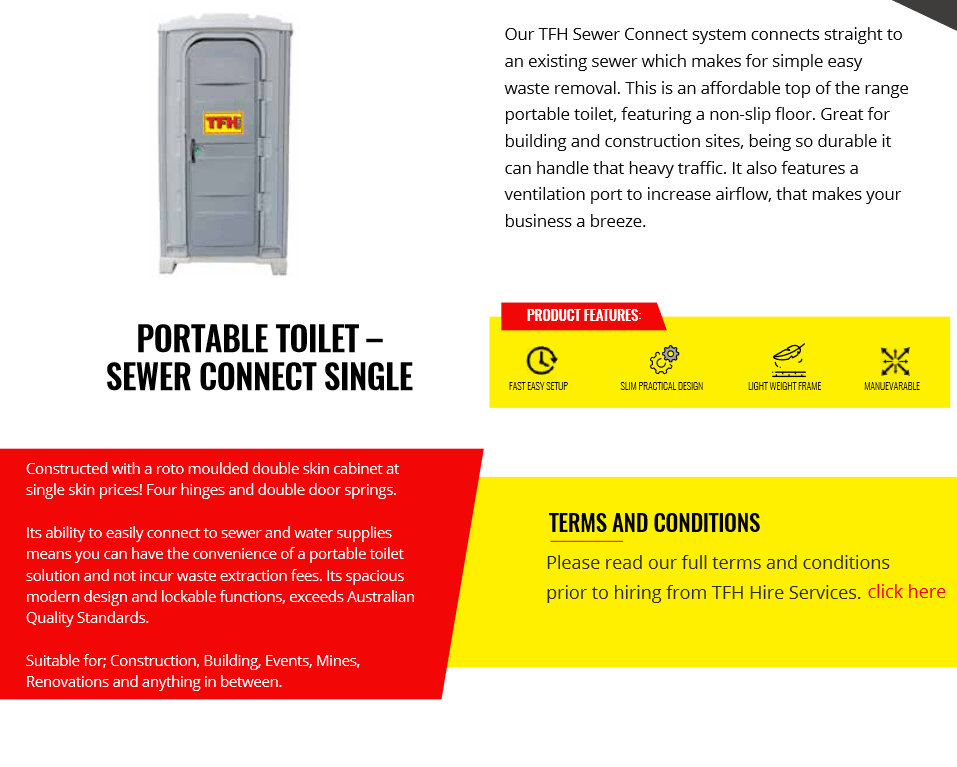Everything about Reclaim Waste
Everything about Reclaim Waste
Blog Article
Not known Details About Reclaim Waste
Table of ContentsGetting The Reclaim Waste To WorkThe 8-Minute Rule for Reclaim WasteNot known Facts About Reclaim WasteThe Buzz on Reclaim WasteHow Reclaim Waste can Save You Time, Stress, and Money.
Discover the types, occurrences, and kinds of fluid waste. Residential sewer waste refers to the waste and products from a domestic septic tank. This sort of waste is produced by people in houses, institutions, and other buildings. This only consists of sewage-disposal tanks that have a drain area. The appropriate management and disposal of domestic sewer waste require fluid waste to be moved to a sewer treatment plant where the correct approaches and equipment are related to cleanse and dispose of waste.
Industrial waste commonly consists of potential threats, such as combustible products or a blend of fluid and strong waste products, and requires an advanced and in-depth disposal procedure. The disposal of commercial waste normally involves the filtration of waste prior to transportation to make sure secure and proper disposal. Industrial waste is produced from by-products and drainage of industrial processes and production.
This type of waste can not make use of the very same sewage management transportation or procedures as septic or business fluids. The hazardous waste administration procedure calls for the assessment and screening of fluid waste before it undertakes the disposal process (liquid waste removal melbourne). Runoff waste is the fluid waste that originates from runoff and excess stormwater in very populated locations or cities
Runoff waste can trigger contamination and flooding if not managed correctly. Making certain correct waste monitoring can stop catastrophes and decrease ecological damage.
Unknown Facts About Reclaim Waste
Call PROS Services today to find out about our waste monitoring and disposal services and the correct ways to look after the liquid waste you produce.
(https://profile.hatena.ne.jp/reclaimwaste1/)Do you recognize what takes place to your water when you disengage, purge the commode or drain the cleaning machine? No? Well, it's worth understanding. This supposed 'wastewater' is not just an important resource yet, after therapy, will certainly be released to our land, rivers or the ocean. Utilized water from toilets, showers, bathrooms, kitchen sinks, washings and industrial procedures is called wastewater.

water made use of to cool machinery or tidy plant and tools). Stormwater, a form of wastewater, is drainage that flows from farming and city locations such as roofings, parks, gardens, roadways, paths and rain gutters right into stormwater drains pipes, after rainfall. Stormwater flows unattended directly to regional creeks or rivers, at some point reaching the ocean.
The Buzz on Reclaim Waste
In Queensland, most wastewater is treated at sewage treatment plants. Wastewater is transported from residential or commercial websites through a link system of sewers and pump stations, understood as sewage reticulation, to a sewer therapy plant. City governments build, maintain and run most sewage therapy plants. Operators are certified under the Environmental Security Act 1994 to release cured wastewater at an appropriate ecological criterion into waterways.
The Division of Natural Resources encourages city governments regarding handling, operating and preserving sewage systems and therapy plants. In unsewered areas, local governments may need householders to set up individual or household sewage treatment systems to treat domestic wastewater from commodes, kitchen areas, washrooms and laundries. The Department of Natural Resources authorizes the usage of household systems when they are confirmed to be reliable.
In some brand-new neighborhoods, treatment of some stormwater to eliminate trash, sand and gravel has actually begun utilizing gross pollutant traps. Wastewater treatment takes place in 4 phases: Eliminates solid issue.
Uses small living microorganisms knows as micro-organisms to damage down and eliminate remaining dissolved wastes and fine particles. Micro-organisms and wastes are incorporated in the sludge.
Not known Details About Reclaim Waste
Nutrient removal is not offered at all sewer therapy plants due to the fact that it needs costly specialised equipment. Clear fluid effluent generated after treatment might still consist of disease-causing micro-organisms - industrial wastewater treatment.

This typically suggests wastewater has actually to be treated or contaminants gotten rid of before it can be discharged to rivers. A lot of wastewater flows right into the sewerage system. Under the Act, regional federal governments carry out approvals and permits for ecologically relevant tasks (Ages) involving wastewater releases that might have a neighborhood effect. The division provides authorizations and licences to ERAs including wastewater releases that may have a regional or statewide effect.
The 2-Minute Rule for Reclaim Waste
Monitoring provides accurate info regarding water high quality and can verify that permit problems are being fulfilled. The details acquired with tracking supplies the basis for making water top quality decisions.
Report this page